During the World Food Summit of 2009, it was recognized that by 2050, food production must increase by about 70 percent to feed the anticipated 9 billion people. This growth in population is estimated to increase annual consumption of cereals for food and feed by 1 billion metric tons and meat consumption by 200 million metric tons.
Philip Nelson, 2007 World Food Prize Laureate and Professor Emeritus in the Food Science Department at Purdue University said, “Starvation and nutritional deficiencies in vitamins, minerals, protein, and calories are still prevalent in all regions of the world, including the United States. As a consequence, science-based improvements in agricultural production, food science and technology, and food distribution systems are critically important to decreasing this gap.”
“Although scientific and technological achievements in the 20th century made it possible to solve nutritional deficiencies, address food safety and quality, and feed nearly 7 billion people, further advancements are needed to resolve the challenges of sustainably feeding the growing future population in industrialized and developing nations alike.” He added.
While organic agriculture continues to grow in response to consumer preferences in the developed world, there are limitations to widespread use of organic practices. Organic agriculture requires substantially more land and labor than conventional food production practices. In addition, the resulting yields are not great enough and are too expensive to address the needs of the growing population.
Some groups have made accusations that conventional agriculture is immoral. They argue that modern producers value profit above all else. On the contrary, many farmers and ranchers see modern production practices as an opportunity to make a difference – to leave the world a little better than they found it. Utilizing scientifically-proven technology is essential to providing safe and affordable food for hungry consumers around the world.
“I have a moral obligation to use the best, most effective sustainable farming and ranching program I can to maximize food production and protect my land for future generations.” Said Jimmy Wayne Kinder, 4th generation farmer from Cotton County. “Increasing my harvest means a child or an adult in Oklahoma or around the world will go to bed fed tonight. How could I not do what I can to make that happen?”
